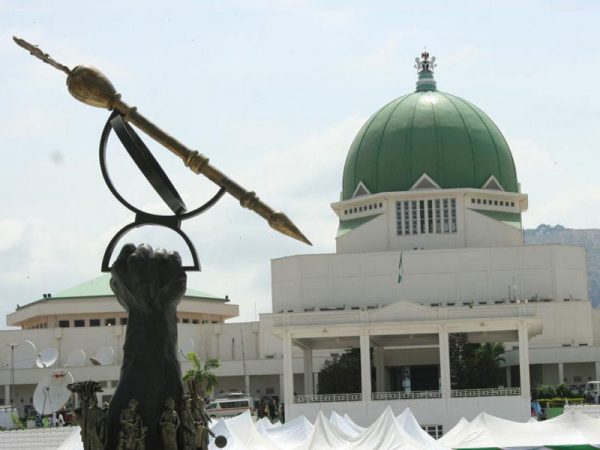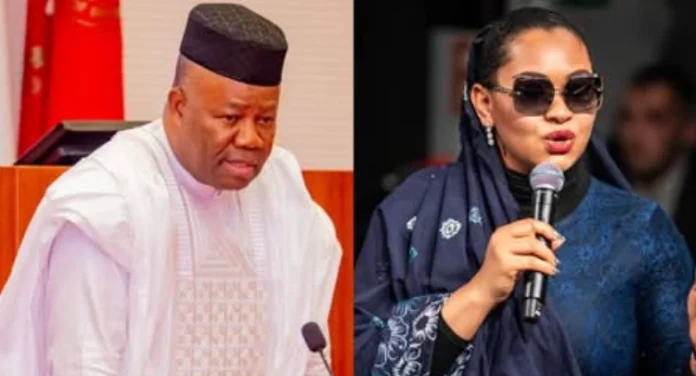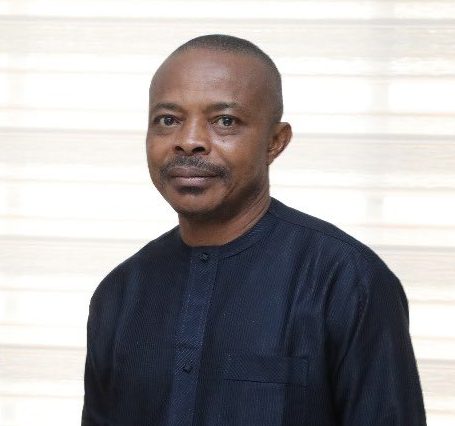
The clamour for resource control and state police by the Southern Governors’ Forum seems to have suffered a setback going by the details of the 68 amendments proposed by the Joint Senate and House of Representatives’ Special Ad Hoc Committee on the Review of the 1999 Constitution.
Also, the gains brought by the Federal High Court judgment giving powers to the states to collect Value Added Tax, now risk being reversed as the National Assembly will vote on whether VAT should remain on the concurrent legislative list or be moved to the exclusive list.
Members of the National Assembly are billed to vote on the recommendations on Tuesday and Wednesday after which the proposal would be sent to the states for concurrence. At least 24 Houses of Assembly must concur for any provision to scale through.
Both state police and restructuring are not included in the 68 proposals,
There were demands for restructuring and return to the regional system of government, with some Nigerians specifically seeking conversion of the six geopolitical zones or states to federating units.
The National Assembly is only considering devolution of powers from the Federal Government to the state and local governments by moving some items from the exclusive legislative list to the concurrent list.
For instance, the Southern Caucus in the House had on May 12, 2021, adopted the resolutions of the Southern Governors’ Forum on the demand for true federalism and restructuring as well as
Members of the House from the 17 southern states of the country, made this known in a statement signed by the Minority Leader, Ndudi Elumelu; Deputy Majority Leader, Peter Akpatason; Deputy Majority Whip, Nkeiruka Onyejeocha; Deputy Minority Leader, Toby Okechukwu; Deputy Minority Whip Adesegun Adekoya; Dolapo Badaru, Jimoh Ojugbele and Femi Fakeye.
The lawmakers expressed their support for the governors’ demand for true federalism “through restructuring that will lead to the devolution of power, creation of state police, review of resource control and revenue allocation formula as well as strict adherence to federal character principle in federal appointments in the shared interests of the federating states.”
Also, governors in the South-West had proposed conversion of the present six geopolitical zones into federating units, which is part of a series of proposals to weaken the central government and allocate more powers to the federating units and states.
The South-West Governors’ Forum, in their memo to the National Assembly after a meeting with the South-West Caucus, titled ‘Proposals for the Review of the Constitution of the Federal Republic of Nigeria 1999 (As Amended): Presentation by South West Governors’ Forum’ and dated July 5, 2021, proposed an amendment to Section 3(1) and (3) of the Constitution.
The present Section 3(1) reads, ‘There shall be 36 states in Nigeria, that is to say, Abia, Adamawa, Akwa Ibom, Anambra, Bauchi, Bayelsa, Benue, Borno, Cross River, Delta, Ebonyi, Edo, Ekiti, Enugu, Gombe, Imo, Jigawa, Kaduna, Kano, Katsina, Kebbi, Kogi, Kwara, Lagos, Nasarawa, Niger, Ogun, Ondo, Osun, Oyo, Plateau, Rivers, Sokoto, Taraba, Yobe and Zamfara.’
However, the governors said, “We propose that Section 3(1) be amended as a federation consisting of six geopolitical zones constituted from the states. The federating units or regions are divided into the following geopolitical zones: North-West Zone, North-Eastern Zone, Middle – Belt Zone, South-East Zone, South-South Zone, South-West Zone and the Federal Capital Territory.
Citing the reason for the proposed amendment, the forum said, “The geopolitical zones have been recognised and accepted by Nigeria’s political class.”
The governors added, “Section 3(6) be amended to provide for a number of local governments or such autonomous administrative units to be created by the respective federating units or states, the criteria of which shall include population, taxable capacity, ethno-religious or other cultural and social affinities.”
Similarly, the House passed for second reading, a bill seeking to amend the 1999 Constitution to allow the creation of state police and legalise regional security outfits on July 6, 2021.
The current police system was to be decentralised by moving police from the exclusive legislative list to the concurrent list, as the bill proposed.
Chairman of the House Committee on Judiciary, Onofiok Luke, who sponsored the bill, said in the explanatory note that the bill seeks to alter the constitution “to provide for state police and other state government security services to enhance security and preservation of lives and properties in Nigeria.”
The bill especially proposed amendment to Section 197(1) by inserting new Paragraphs ‘e’ and ‘f’ to provide for ‘State Police Council’ and ‘State Police Service Commission,’ respectively.
The second schedule to the constitution was to be altered in Part I by deleting Item 45 from the exclusive legislative list; and in Part II by inserting after Item 30 on the concurrent legislative list, new items 31 and 32.
However, the House’ Special Ad Hoc Committee on the Review of the 1999 Constitution chaired by the Deputy Speaker, Ahmed Wase, voted against and dropped the proposal for state police.
The National Assembly also received memos to create no fewer than 20 states but the proposals are not part of the recommendations made by the committee.
Source: Punch


